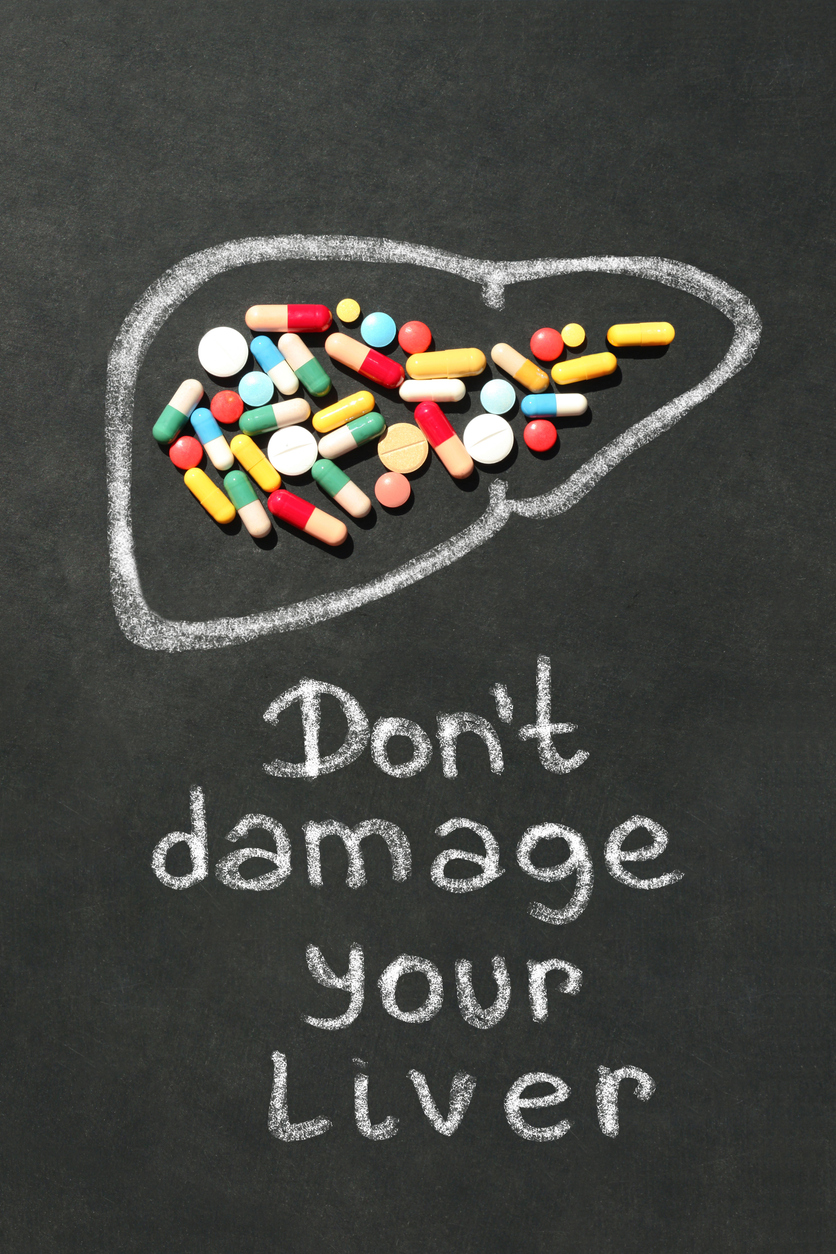Treatments
Celecoxib

What is celecoxib?
Celecoxib is a nonsteroidal anti-inflammatory drug (NSAID) that is used to treat pain, inflammation, tenderness, and joint stiffness. It treats moderate to severe pain and is only available as a prescription medication.
How it works
Celecoxib works by blocking COX-2 enzymes, which release prostaglandins in the body due to inflammation or injury. The release of prostaglandins leads to increased temperature and elevated nerve sensitivity. This medication may also be referred to as COX-2 inhibitor.
What does celecoxib treat?
Celecoxib can effectively treat several conditions, including, but not limited to, the following:
- Arthritis, including osteoarthritis or rheumatoid arthritis in adults and juvenile idiopathic arthritis in children at least 2 years old
- Menstrual cramps
- Ankylosing spondylitis
- Acute migraine headaches with or without aura
- Injuries
- Surgeries
- Dental procedures
Celecoxib is also used in some cases to reduce the number of polyps or abnormal growths in the colon and rectum. This is especially true for individuals with familial adenomatous polyposis, a condition in which hundreds of polyps may develop that could cause cancer.
Usage
Celecoxib is available in the form of a capsule or as a liquid medication solution. It should be taken exactly as prescribed and may be taken with or without food. Liquid celecoxib dosage should be measured with a measuring device provided. Dosage is dependent upon the condition being treated. Store at room temperature in the original container and away from moisture. Keep out of the reach of children.
Side effects
Seek immediate medical assistance if an allergic reaction is suspected. This includes trouble breathing, dizziness, rash, itching, or swelling of the tongue, throat, mouth or face. Contact a health care professional or pharmacist if other, but less serious, side effects occur. Celecoxib is less likely to cause gastrointestinal side effects compared to other NSAIDs. Common side effects include, but are not limited to, the following:
- Constipation or diarrhea
- Cold symptoms
- Dizziness
- Dysgeusia (a taste disorder)
- Gas or bloating
- Nausea or vomiting
- Sore throat
- Stomach pain
- Swelling of the hands or feet
Serious, but less common, side effects may also occur. Stop taking celecoxib and contact a health care professional for side effects that include the following:
- Unexplained weight gain or loss of appetite
- Shortness of breath or difficulty breathing
- Excessive fatigue or lack of energy
- Unusual bleeding or bruising
- Stomach pain
- Yellowing of the skin or eyes
- Flu-like symptoms
- Blisters, fever, rash, itching or hives
- Hoarseness
- Difficulty swallowing
- Pale skin
- Increased heartbeat
- Urine changes, such as cloudy, discolored or bloody, difficulty urinating, or frequent urination
- Back pain
Precautions
Celecoxib can increase the risk of heart attack or stroke and should not be taken prior to or following heart bypass surgery. Taking celecoxib with other medications can increase the risk for stomach ulcers or bleeding. Drug interactions can occur; therefore, any over-the-counter or prescription medications, supplements, vitamins or herbs that are being taken should be disclosed to a physician.
Drinking alcohol while taking celecoxib can increase the risk of stomach bleeding. Those pregnant or planning to become pregnant should consult with a medical professional prior to taking this medicine. It may not be safe to use while breastfeeding.
Do not use it if an allergic reaction to sulfa drugs has occurred, a history of asthma is present, or an allergic reaction to aspirin or other NSAIDs has transpired. To ensure the safe use of celecoxib, consult with a health care professional if other conditions are present, which include the following:
- Stomach ulcer
- High blood pressure
- Heart disease
- Bleeding problems
- Liver or kidney disease
- Smoking or alcohol consumption














